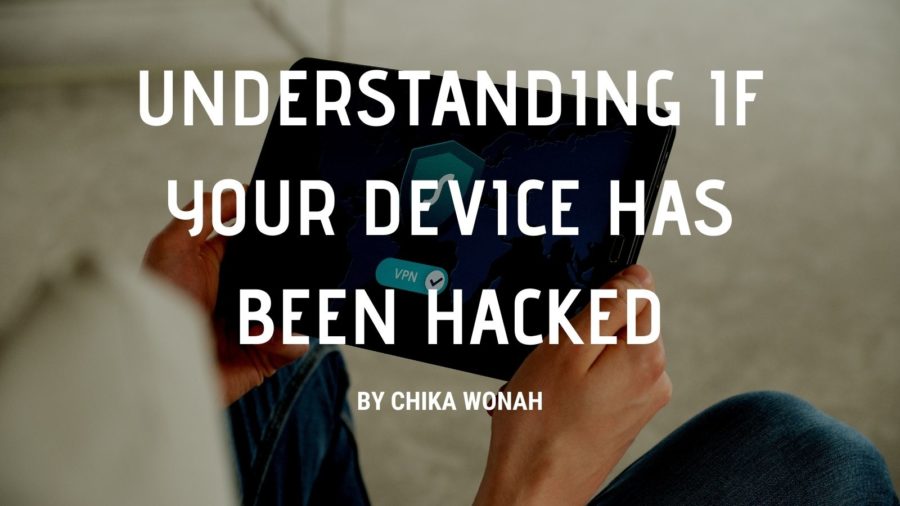From social sites to banking, smart devices are increasingly becoming part of most people’s daily lives. Unfortunately, they are also exposing them to data snatchers, popularly known as hackers. The hackers may gain access to a device in many ways, but we will discuss how to know when that happens.
Receiving Random Pop-ups
Random pop-ups are not annoying, but they are among the most popular signs that a device got hacked. If one is getting random pop-ups from their browser, something has compromised their device with adware. Adware is popular with hackers when trying to force someone to view certain websites to drive revenues through viewership.
Draining Battery without Any Reason
If one notices that a device battery is quickly losing power for no reason, that is a sign that it has malware. This sudden loss of battery power is due to malware or spy-app that is operating from the background. The spy-app uses a lot of battery power to scan the device and transmit it to the hacker.
Poor Performance
One may notice that their device is suddenly crashing all the time or loading web pages much slower. When such happens, first try shutting down the machine, and take notice of what happens. If the device has gotten hacked, it may fail to shut down correctly or not shut down at all.
One can also notice slowed functionality of some operations, such as making calls or receiving text messages. Such things shouldn’t take long unless the device has a spy-app.
Increased Data Usage
Another indication of a compromised device is the exceptionally high data usage. The usage may be a result of a background running app communicating to a third-party.
Contact List Gets Call and Tests That the Owner Didn’t Make
When a device gets hacked, the hacker leaves the malware in the gadget and may use the contact list to spread it. One’s email list, text messages, or instant messages may transmit the malware to his contact through messages with links or attached files. Check out for complaints from the contact list about notifications that they supposedly received.
The Device’s Settings Change
If the hacker physically accesses a device, they may manually change its settings. For instance, one may notice that their device Bluetooth is on, despite them not switching it on. Such settings change maybe a sign of malware interfering with the device settings to spread it to other devices.
There are many ways to know when a device has gotten hacked. To prevent losing data or money, always take preventive measures. For example, one can run a malware scanner on their device.


